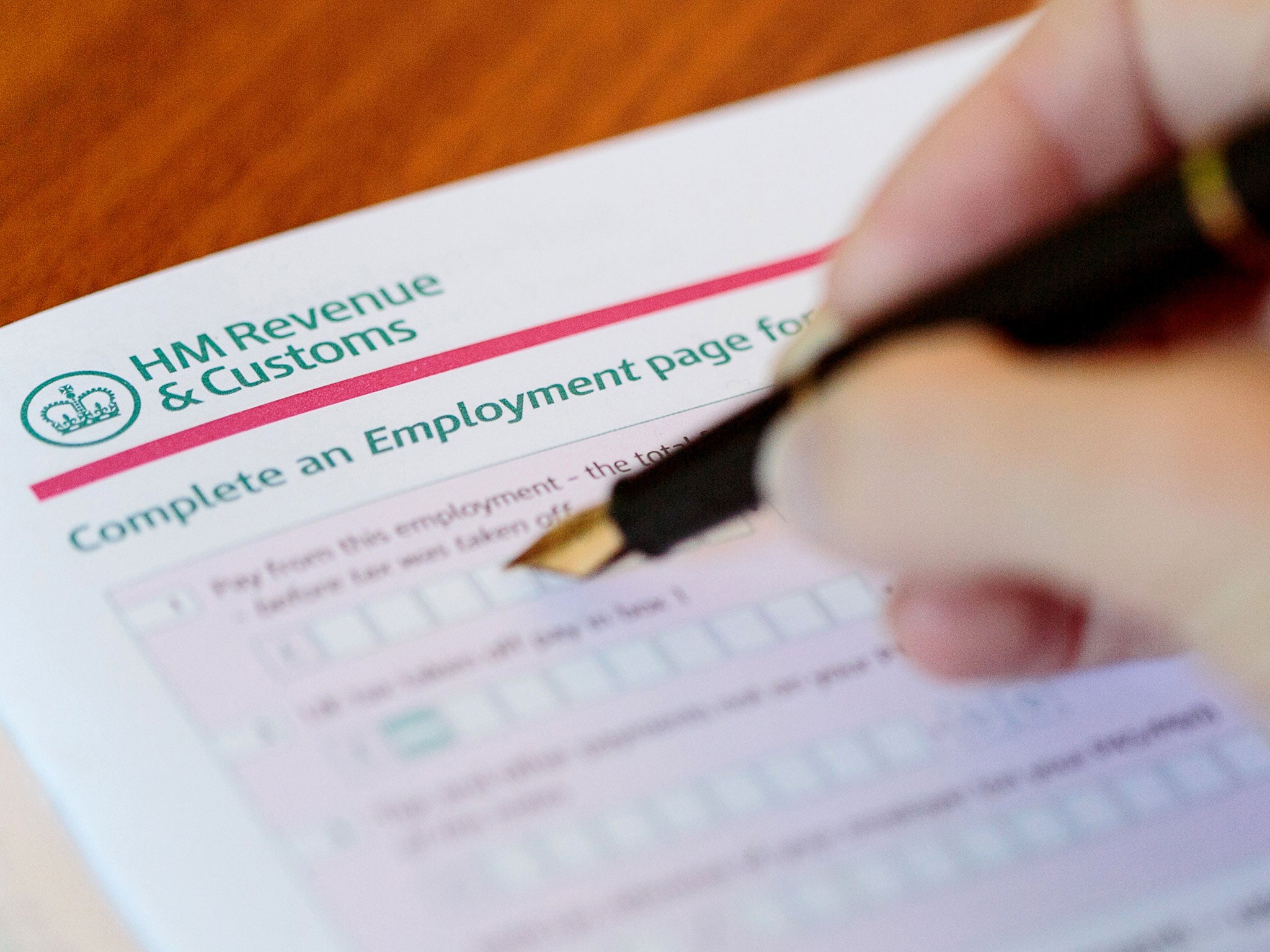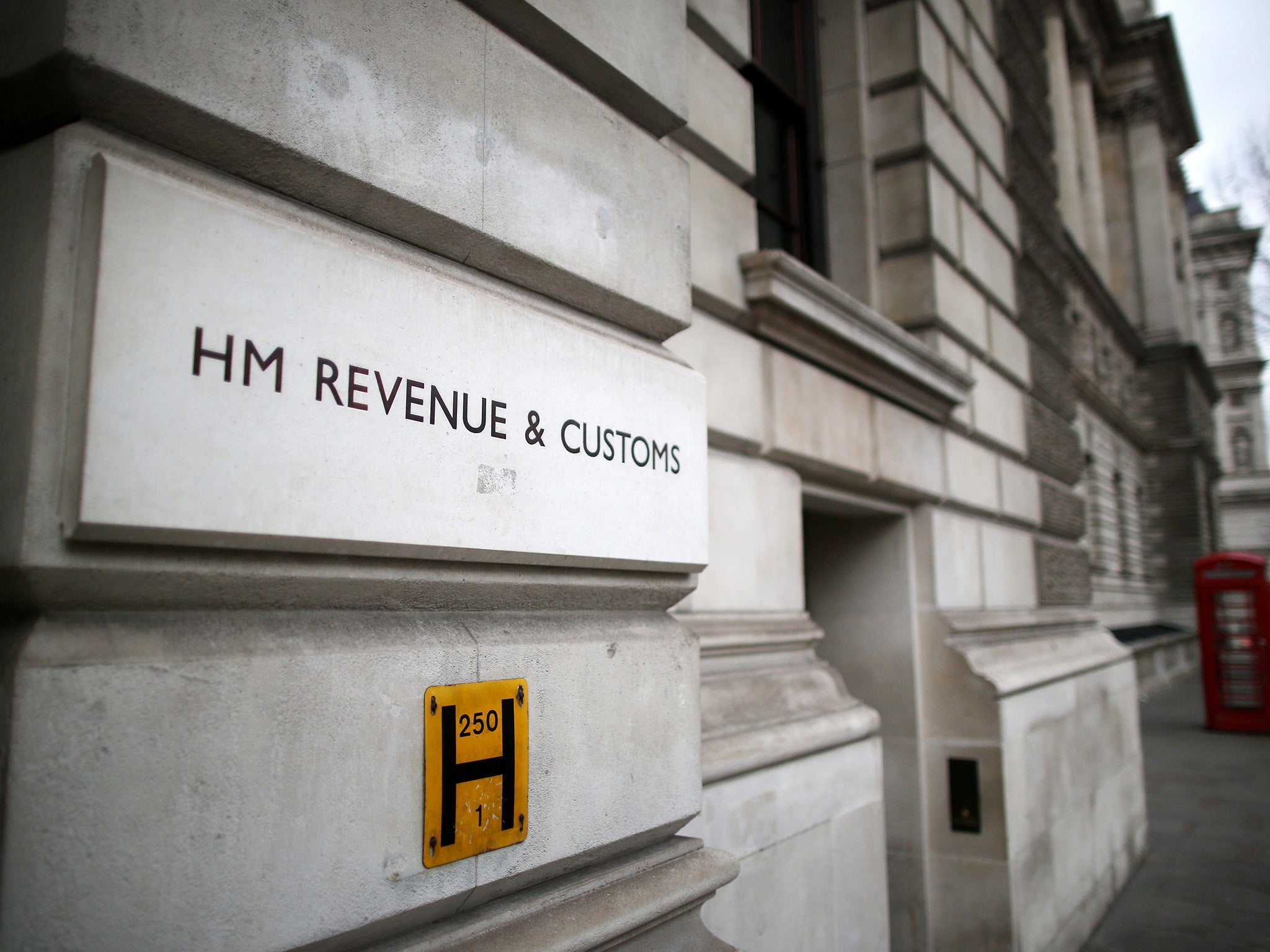Is 31 May really the day when we have paid all of our tax for the year?
The Adam Smith Institute claims 31 is 'Tax Freedom Day', as they calculate the average person will stop paying tax and start working for themselves

Your support helps us to tell the story
From reproductive rights to climate change to Big Tech, The Independent is on the ground when the story is developing. Whether it's investigating the financials of Elon Musk's pro-Trump PAC or producing our latest documentary, 'The A Word', which shines a light on the American women fighting for reproductive rights, we know how important it is to parse out the facts from the messaging.
At such a critical moment in US history, we need reporters on the ground. Your donation allows us to keep sending journalists to speak to both sides of the story.
The Independent is trusted by Americans across the entire political spectrum. And unlike many other quality news outlets, we choose not to lock Americans out of our reporting and analysis with paywalls. We believe quality journalism should be available to everyone, paid for by those who can afford it.
Your support makes all the difference.Depending on your politics it’s either a right-wing wheeze or liberation from the tyrannical yoke of unjust taxation, but 31 May is “Tax Freedom Day”, the day of the year when we have all reportedly earned enough money to pay this year’s total tax bill.
From 31 May, according to the free market think tank the Adam Smith Institute, we can keep every penny that we earn because this is effectively the date on which the “average person” in the UK stops paying tax and starts working for themselves.
The date is worked out by calculating general government tax revenue as a percentage of Net National Income. This figure is then converted to the days of the year; and this year the tax freedom milestone came one day later than last year and at its latest date since the financial crisis of 2008. However the reality is more complicated as the figure does not account for other taxes on property, transactions, consumption and investment.
Last year, research by the Equality Trust actually found that if all taxes on income are taken into account, the richest 10 per cent pay 25 per cent of their income in taxes, while the poorest 10 per cent actually pay more at 43 per cent, pushing “Tax Freedom Day” for the poorest well back in June.
Duncan Exley, director of the Equality Trust, said: “The message isn’t particularly helpful, because tax actually buys us some of the best freedoms we have, such as the freedom not to worry about affording medical treatment. Our tax system is so regressive that in reality this is the day that you stop paying tax if you are among the wealthiest 10 per cent in society. The rest of us pay tax for much longer.”

The concept of “Tax Freedom Day” was first developed in the United States in 1948, but has been used by right-wing bodies ever since to “distort” debates over Government spending, according to Professor Paul Nightingale from the Science Policy Research Unit at the University of Sussex.
Other academics have attacked the number as derived by using the fraction of the economy captured by taxation to find a calendar date. This number applies to the whole of the UK before being applied to the “statistical fabrication” of an “average taxpayer”.
“Tax freedom day is the only measure that gives us a tangible sense of how much of the country's income is taken in taxes,” Ben Southwood, head of policy at the Adam Smith Institute told the Independent on Sunday. “Wherever your political views say we should go, it's hard to formulate sensible policy if you don't know where we are.”
Taxpayers will have taken more heart this weekend from the decision by HM Revenue and Customers (HMRC) to waive the £100 fine for people who miss their tax return deadline. The penalty will now be waived for individuals who can provide a “reasonable” excuse for being late, according to the Daily Telegraph, which said the move follows the build-up of a million letter backlog at HMRC
Independent tax researcher Richard Murphy said the move was “absurd” and “ethically wrong” and showed that a “review of the penalty regime” was needed and there was an “overwhelming” need for a review of HMRC.
He said: “If penalties are routinely found to be unjust they should not be charged. This action does, then, demand a review of the penalty regime.”
Join our commenting forum
Join thought-provoking conversations, follow other Independent readers and see their replies
Comments